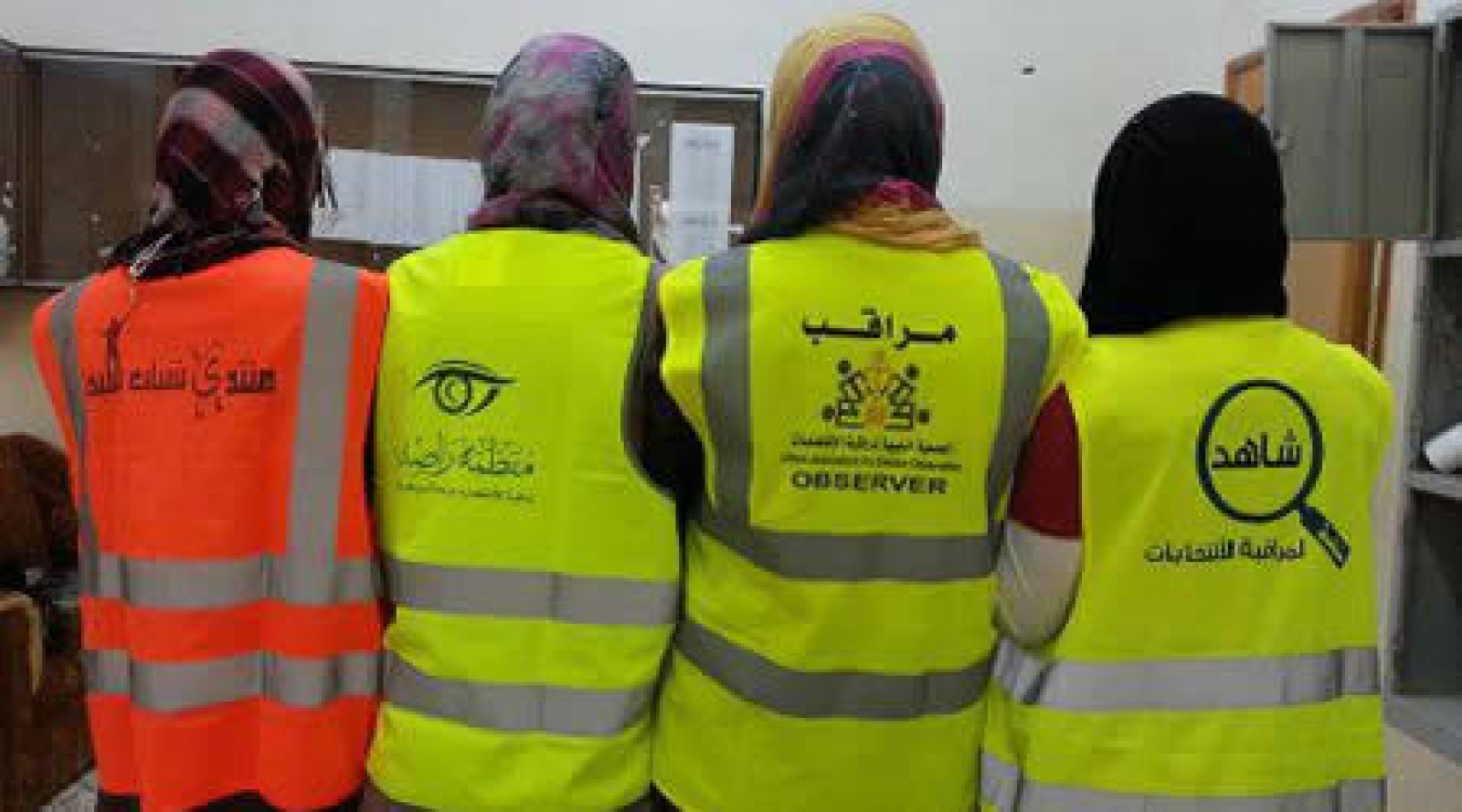
When Libyans went to the polls to elect a General National Congress (GNC)—an interim body that will appoint a new government and oversee the drafting of a constitution – they were joined by thousands of volunteer activists from civil society, there to observe and report on the vote. The citizen observers, part of three observer networks, hoped to contribute to the election’s integrity and help ensure that it adhered to national and international standards of conduct. As a result, these civil society activists set a precedent for nonpartisan observation of future elections.
The July 7 vote was the first competitive, nationwide election in the country’s history and marked a major milestone in Libya’s ongoing political transition. The observer groups found the election to be “generally free and transparent,” according to statements released on July 8. Observers commended the election commission and security forces for their professional contributions to a largely peaceful and efficient atmosphere. All three networks highlighted a few serious but isolated cases of violence and intimidation. But in most cases, voters turned out in significant numbers and were jubilant and peaceful.
The 3,650 observers were a part of the Shahed Network, the Rased Coalition and the Bedaya organization. Each group is composed of civil society organizations, many of which formed during the revolution to provide humanitarian assistance and are now transitioning to peacetime work. NDI offered training and support to the networks, which ultimately deployed observers to 78 percent of the country’s 1,548 polling centers. Each volunteer received training from a team of experts from Jordan and Tunisia on international standards for citizen monitoring, including how to remain impartial and professional, and how to observe without interfering with the voting process.
The Shahed Network also observed pre-election processes, including voter registration, candidate and political entity registration, and the campaign period, issuing regular public statements with findings and recommendations for improving the process, including increasing opportunities for women voters and better coordination between security forces and election authorities.
After mounting the country’s first-ever citizen election monitoring effort, these networks are now turning to monitor and provide oversight for Libya’s new political institutions. With NDI’s assistance, some groups are likely to advocate for the newly-elected GNC to achieve greater transparency, particularly as the body drafts a new constitution.
NDI's work is funded through the U.S. Department of State's Middle East Partnership Initiative and the United Kingdom Foreign and Commonwealth Office.
Related:
- Libyan Political Parties Sign Voluntary Code of Conduct; Call for Peaceful Elections
- Notes from Benghazi: Local Elections
- With Elections in Sight, Libyans Concerned About Security, Country's Direction
Published July 27, 2012


